How Ibogaine Supports PTSD Recovery
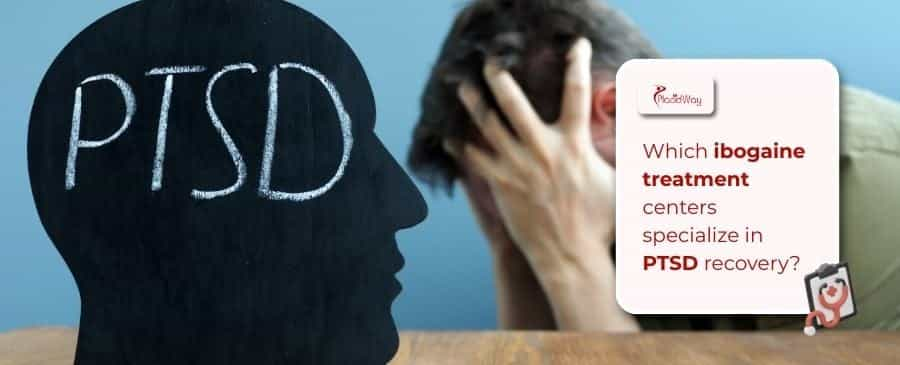
For individuals struggling with Post-Traumatic Stress Disorder (PTSD), the search for effective treatment can be a long and arduous journey. While ibogaine therapy is most commonly associated with addiction interruption, a growing and highly specialized number of centers are focusing on its profound potential for healing deep-seated trauma.
The ibogaine for PTSD experience is fundamentally different from a substance detox; it is a deep psychotherapeutic process that requires a unique and supportive container. When seeking this type of care, it's crucial to understand that the "best" clinic is not just one that is medically safe, but one that is also therapeutically sound.
The specialization lies in the team's ability to guide a patient through a complex psychological journey. This guide, current for September 2025, will not provide a list of specific clinics. Instead, it will explore what a trauma-informed ibogaine program looks like, the regions where these specialized centers are found, and the critical questions you must ask to find a provider that is qualified to facilitate this powerful form of healing.
How Does Ibogaine Therapy Work for PTSD?
The therapeutic potential of ibogaine for trauma lies in its unique psychoactive properties. Unlike conventional therapies, it works on both a neurobiological and a psychological level.
- The Neurobiological Mechanism: Research suggests ibogaine can stimulate the production of GDNF (Glial Cell Line-Derived Neurotrophic Factor), a protein that promotes the survival and growth of neurons. This process of neuroplasticity may allow the brain to physically "rewire" itself, creating new pathways that are not stuck in the hyper-vigilant, fight-or-flight loops that characterize PTSD.
- The Psychotherapeutic Mechanism: Ibogaine induces what is known as an "oneirophrenic" or dream-like state. During this time, many individuals report being able to review autobiographical memories with a sense of emotional detachment, as if watching a film of their life. This allows for the processing of traumatic events without being re-traumatized, which can strip the memories of their painful emotional charge.
What Defines a Trauma-Informed Ibogaine Program?
A clinic that specializes in PTSD offers far more than just a medically supervised dose. The entire program is structured around a therapeutic journey.
| Program Phase | What it Involves |
|---|---|
| 1. Preparation | Multiple one-on-one therapy sessions before the ibogaine experience to build trust, establish intentions, and prepare for the emotional work ahead. |
| 2. The Treatment | A medically-supervised session where a therapist or trauma-informed facilitator is available to provide psychological support and a safe "container" for the experience. |
| 3. Integration | This is the most critical phase. It involves several post-treatment therapy sessions to help the patient make sense of their complex experience, process the insights, and develop concrete strategies for applying them to their daily life. |
What Are the Non-Negotiable Medical Safety Protocols?
The psychological focus of a PTSD program does not replace the need for rigorous medical safety. These standards are absolute and non-negotiable. Before choosing any provider, you must confirm that they have:
- A Mandatory EKG and Medical Review: They must require and have their medical doctor review your electrocardiogram (EKG) and blood work to screen for any pre-existing heart conditions.
- An On-Site Medical Doctor (M.D.): A licensed doctor and ACLS-certified nurses must be physically present and in charge of your medical safety during the entire procedure.
- Continuous Cardiac Monitoring: You must be connected to a live EKG machine and other vital signs monitors throughout the psychoactive phase.
A clinic that does not meet these medical standards is not safe, no matter how good their therapeutic program sounds.
Which Countries are Hubs for Therapeutic Ibogaine?
While clinics exist in other locations, these two countries have the highest concentration of providers who specialize in a therapeutic, rather than purely detoxification, model.
- Costa Rica: With its focus on wellness, nature, and psychological healing, Costa Rica is a premier destination for trauma-informed therapy. Many clinics here are run by or have strong partnerships with experienced psychotherapists and counselors.
- Mexico: As the most established hub for ibogaine, many of the leading medical clinics in Mexico have evolved to offer robust therapeutic programs to address the deep-seated trauma that often co-exists with addiction (dual diagnosis).
How to Vet a Clinic's Therapeutic and Medical Credentials
When you have your consultation, come prepared with a list of specific questions:
- Can you walk me through your entire medical safety protocol, from screening to monitoring?
- What are the specific credentials of your medical director and the therapists on your team?
- What specific training and experience do your therapists have in working with trauma and psychedelic integration?
- Can you provide a detailed outline of your post-ibogaine integration program? How many one-on-one sessions are included?
- Can you connect me with a former patient who was treated for PTSD?
A reputable, specialized clinic will welcome these questions and answer them with transparency and confidence.
Your journey to healing from trauma deserves the highest standards of medical safety and therapeutic support. Placidway is a global leader in medical access, connecting patients with a network of pre-vetted, medically-supervised treatment centers. Explore your options and plan your journey with an emphasis on safety and quality of care.


.png)

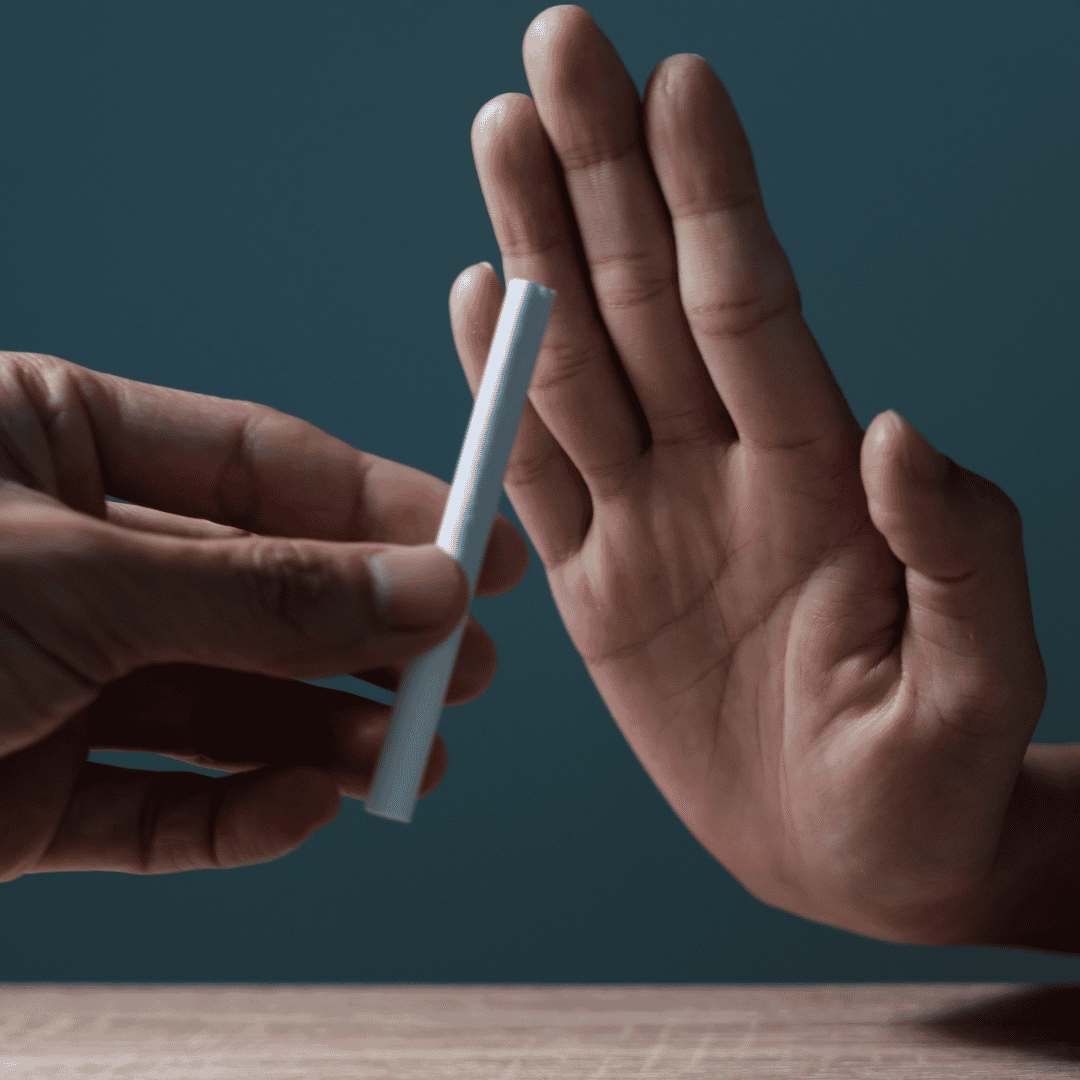



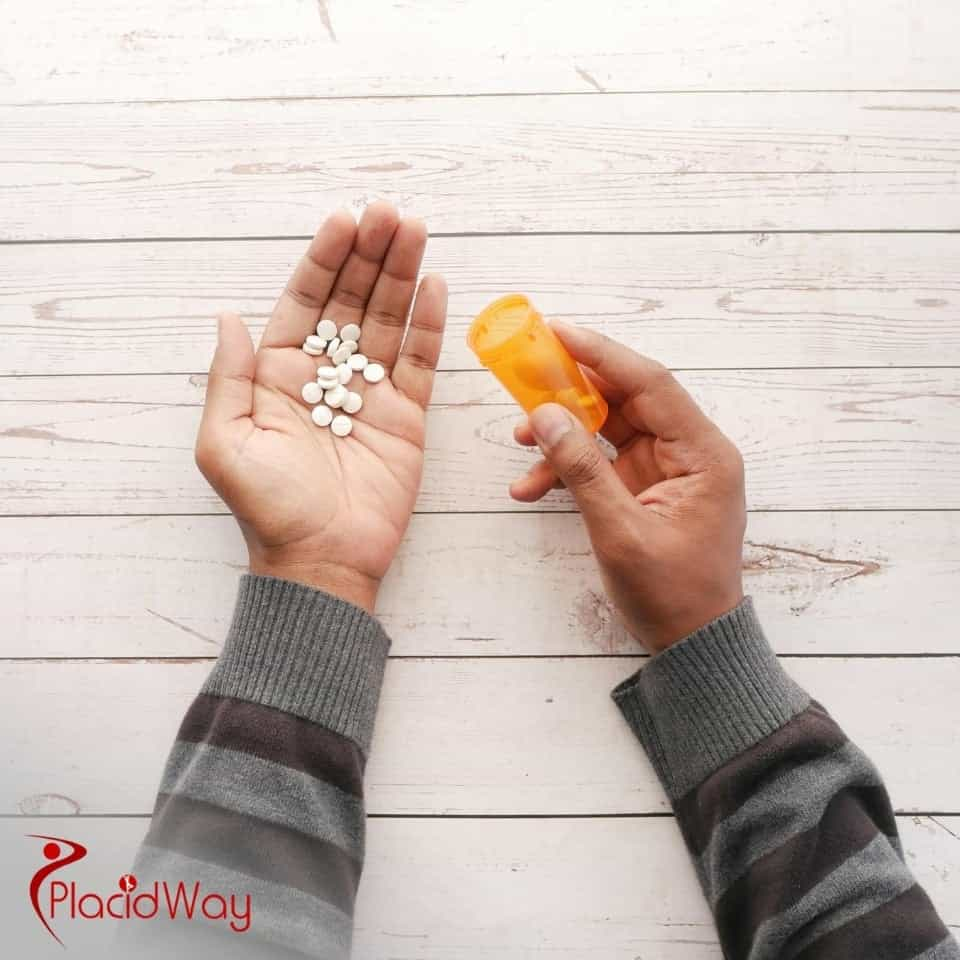
.png)
.png)
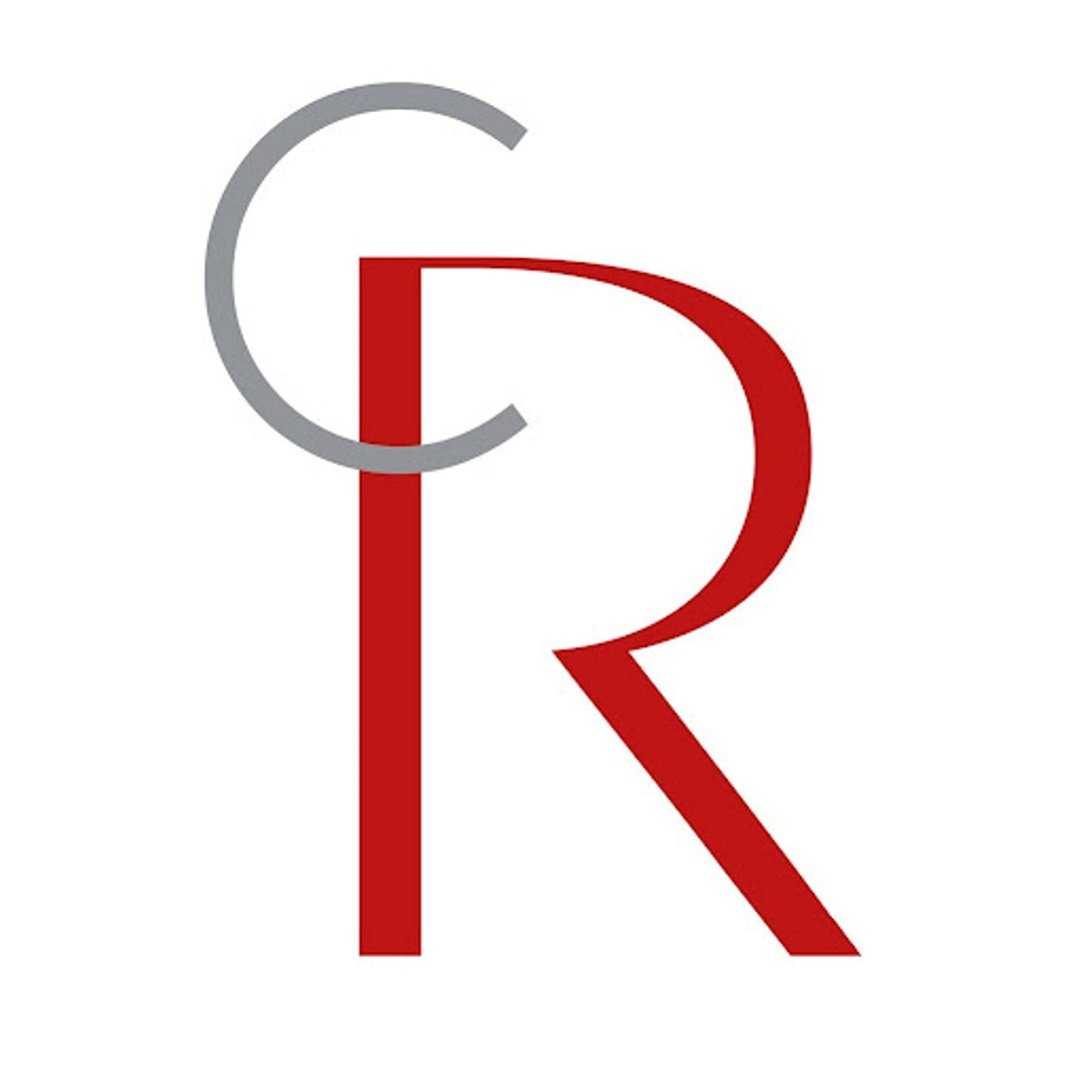
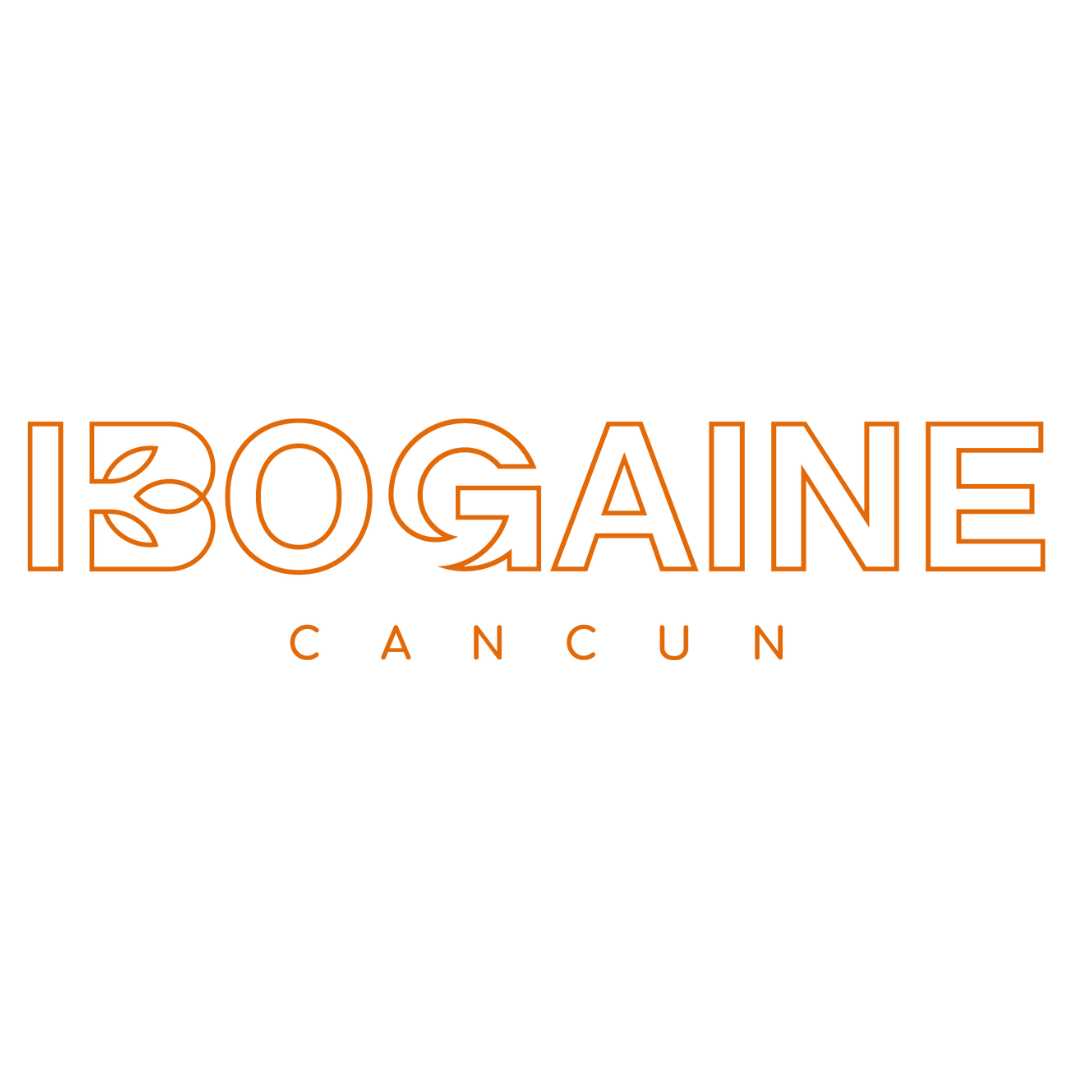
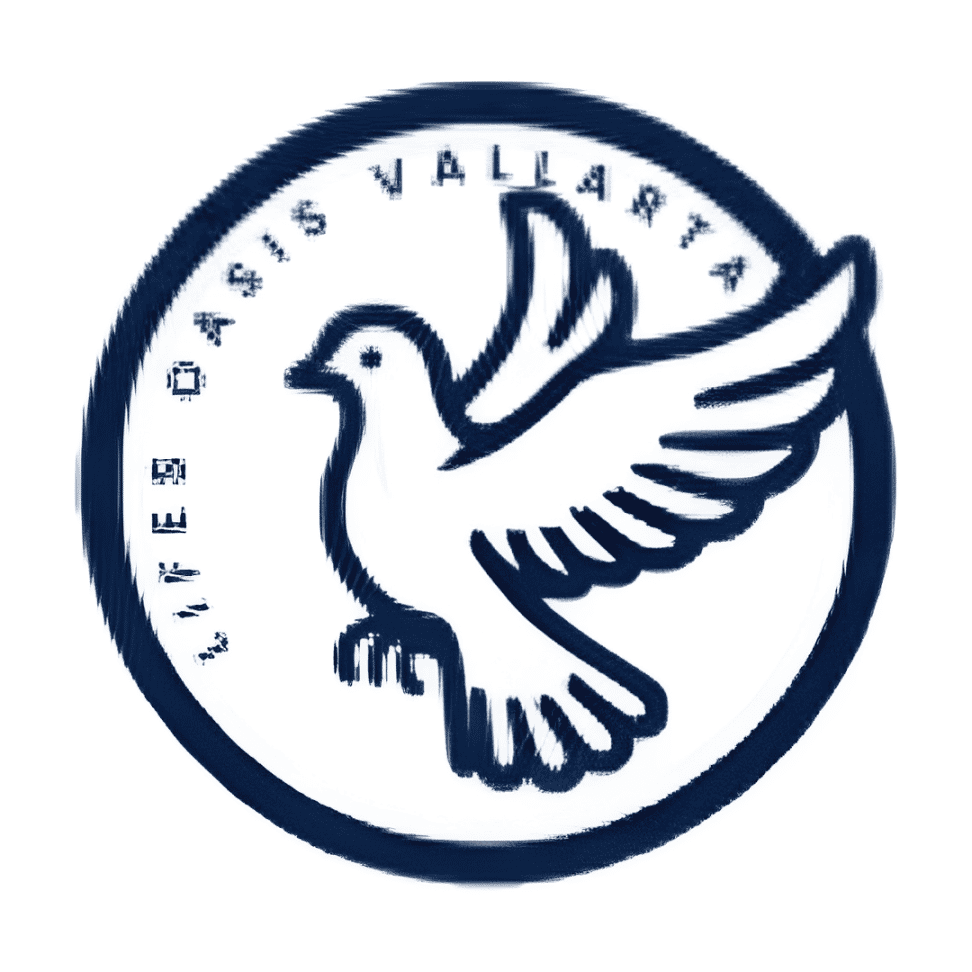
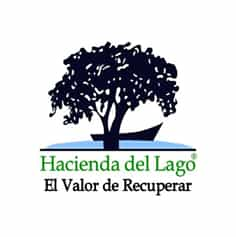
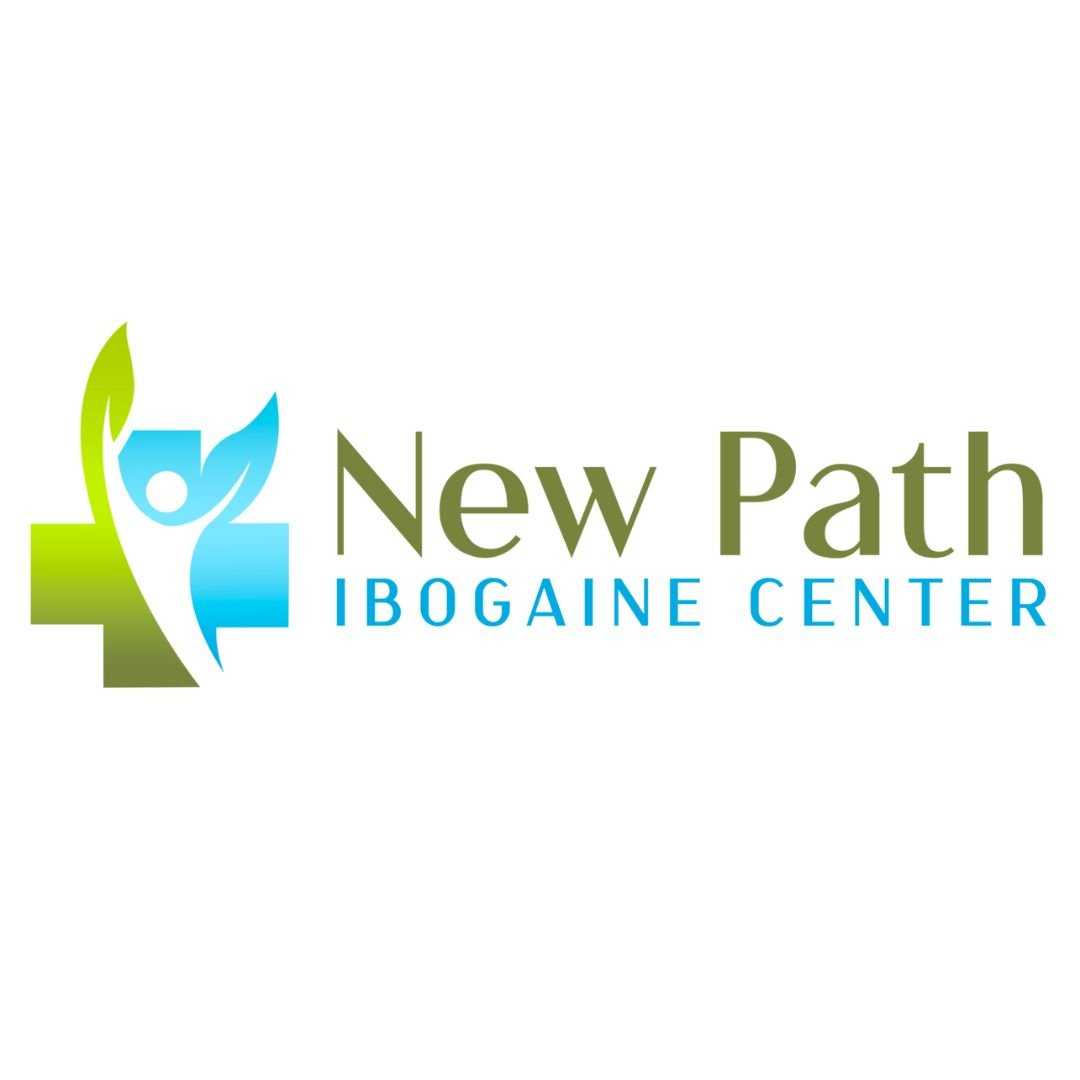

Share this listing